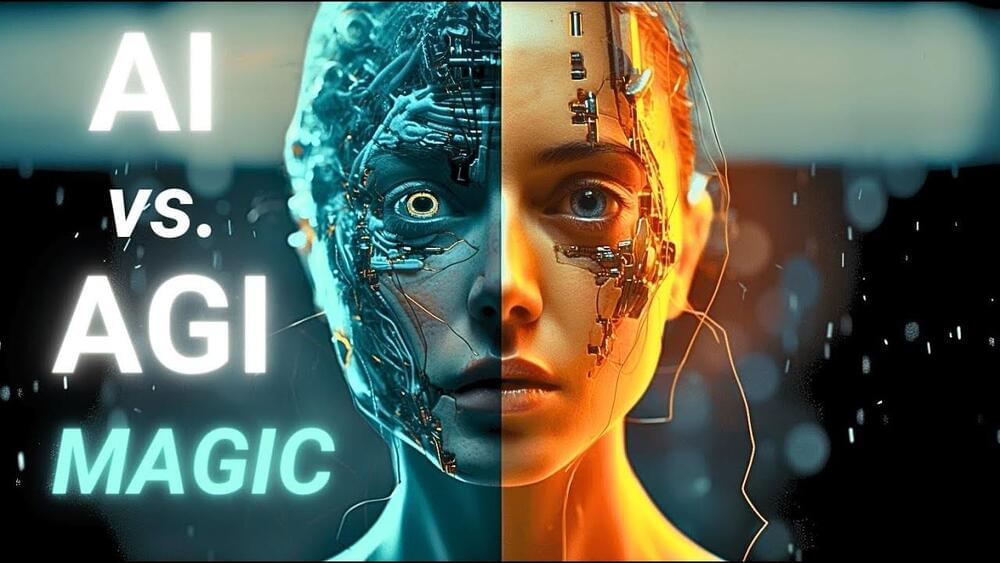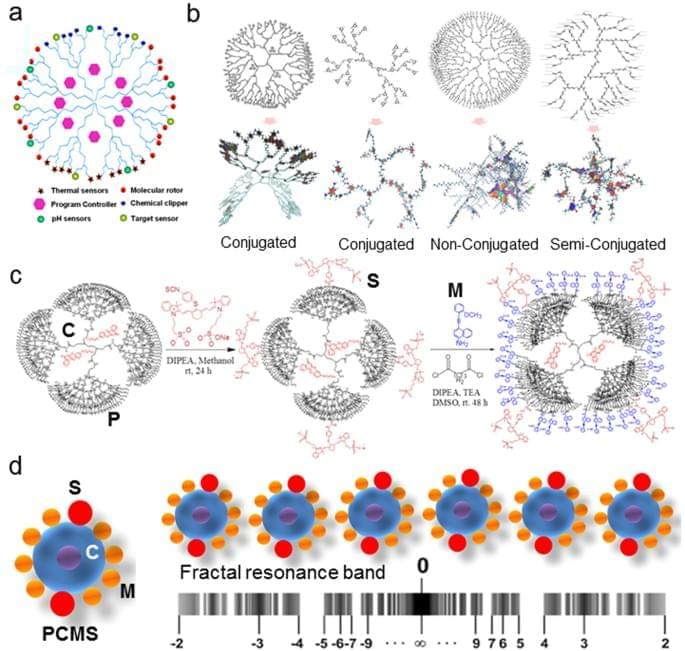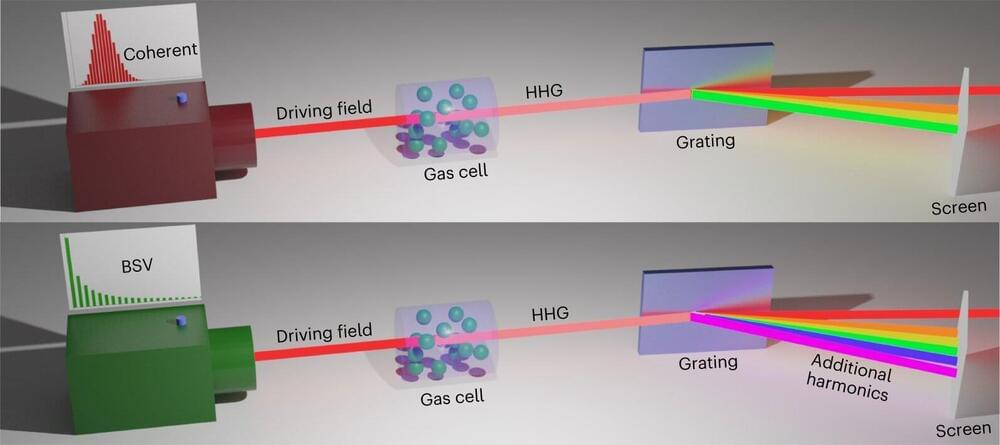Sep 6, 2023
AI vs. AGI: The Great Intelligence Divide Explained
Posted by Dan Breeden in categories: futurism, robotics/AI
From AI to AGI — witness the evolution. This video unpacks the intricate differences between AI and Artificial General Intelligence, shedding light on their roles in the Fourth Industrial Revolution. Explore the fascinating journey from specialized AI systems to the broad adaptability of AGI. Plus, catch a glimpse of what the future holds as we discuss the synergy between AI and AGI in modern tech.
Make sure your battery doesn’t die while watching these videos.
https://amzn.to/3PqBQi6
Continue reading “AI vs. AGI: The Great Intelligence Divide Explained” »

















